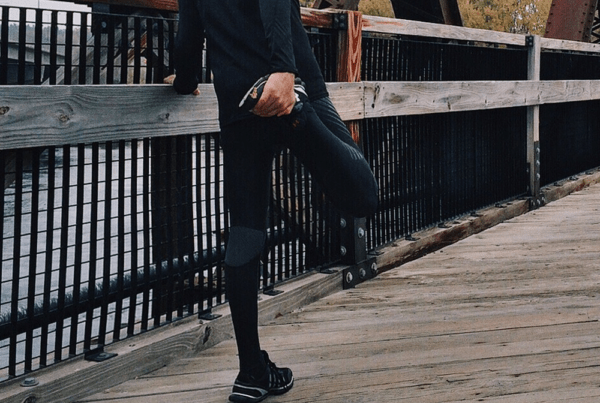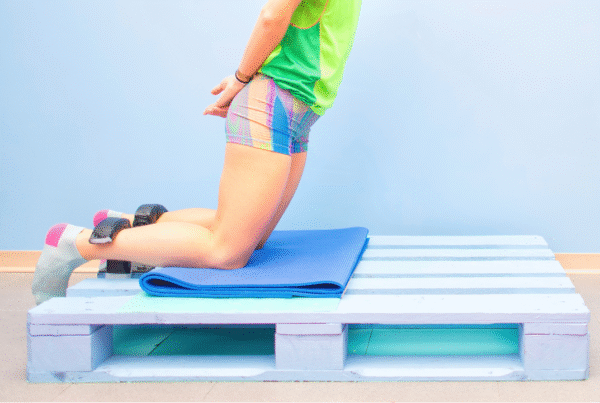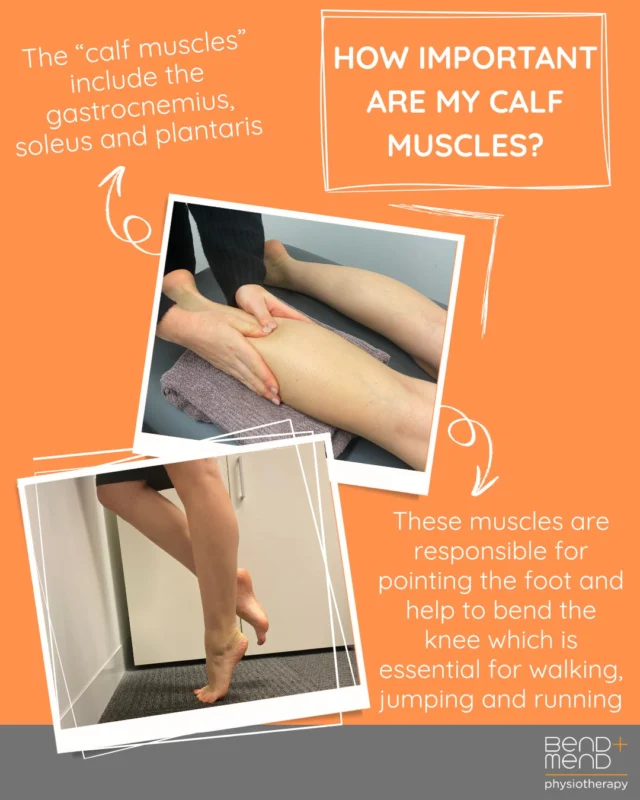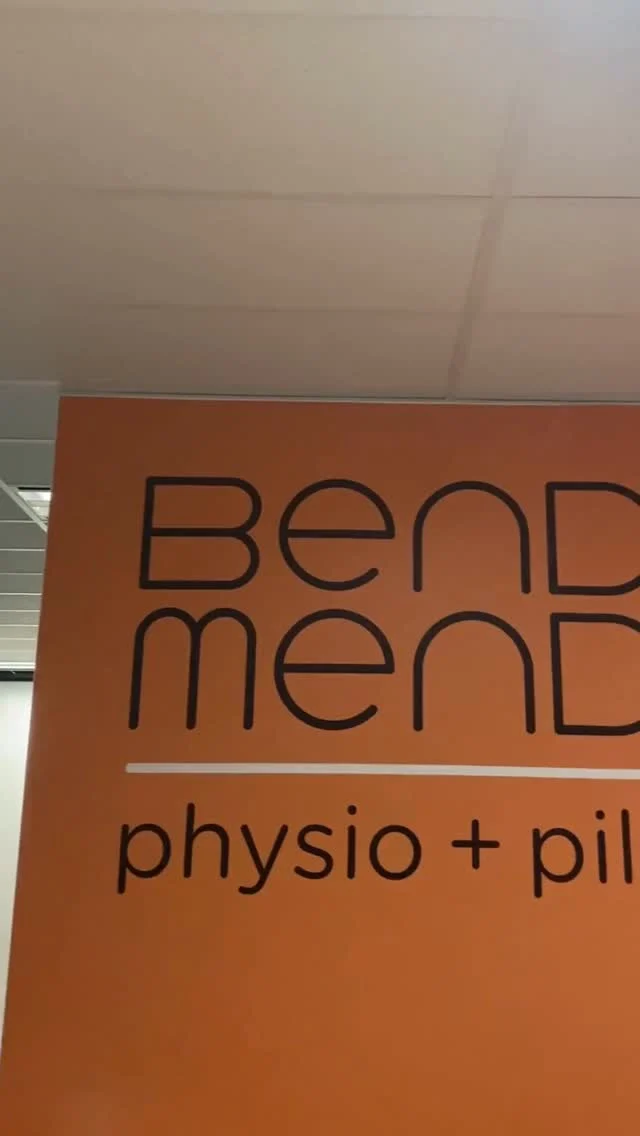Frozen shoulder (or adhesive capsulitis) is a chronic condition that causes thickening and contraction of the shoulder joint. Over time this causes restriction and pain in the shoulder. Typically this is a self-limiting condition and usually resolves over two and a half years.
There are two types of frozen shoulder: Primary and Secondary. Primary (idiopathic) frozen shoulder occurs spontaneously, without a clear cause and is not attributed to an injury or surgery. Secondary frozen shoulder often presents following an injury or surgery. Recent research suggests that developing frozen shoulder following shoulder surgery, improves post-operative outcomes in the long-term.
What are the Stages of Frozen Shoulder?
1) Pain – This is where you notice an onset of pain at the front or side of the shoulder. You may notice the shoulder being quite uncomfortable at night or when you roll over onto the painful shoulder. Often it can difficult in the early stages to discriminate frozen shoulder from other shoulder pathologies. This stage usually lasts for the first three months.
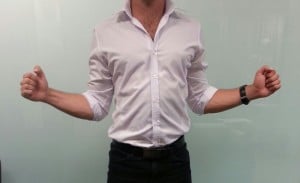 2) Freezing – This is the stage where the shoulder becomes noticeably stiffer and you may notice it is difficult to elevate your arm throughout the day. The stiffness becomes most obvious in the ‘external rotation’ range (see pic). The pain may also be more constant throughout this stage. This can last for nine months.
2) Freezing – This is the stage where the shoulder becomes noticeably stiffer and you may notice it is difficult to elevate your arm throughout the day. The stiffness becomes most obvious in the ‘external rotation’ range (see pic). The pain may also be more constant throughout this stage. This can last for nine months.
3) Thawing – The third and final stage occurs when the adhesions and thickening around the shoulder joint begin to resolve. This stage is usually the least painful, however can last for as long as eighteen months!
Who is Most at Risk?
Research is unclear what exactly causes this condition, but there are certain populations who are more susceptible.
Women are more affected than men.
Commonly occurs in the 4th -6th decade of life.
Following an injury or surgery requiring a period of immobilisation to the shoulder joint.
If you suffer from diabetes, thyroid disease, heart disease.
If you have had a previous stroke.
How can Physiotherapy Help?
Whilst the adage ‘time heals all wounds’ holds true for frozen shoulder, physiotherapy can help identify frozen shoulder in the early stages, help limit further irritation to the shoulder, and get you on the right path to optimise your recovery. Physiotherapy throughout the three stages can be particularly useful in minimising strength loss and assist in regaining range of motion, especially during the final ‘Thawing’ stage. Manual therapy in conjunction with targeted stretches and rotator cuff strengthening can help restore movement to the shoulder.
Book in to get your shoulder assessed by the team at Bend + Mend at our Sydney CBD Physiotherapy clinic today!
